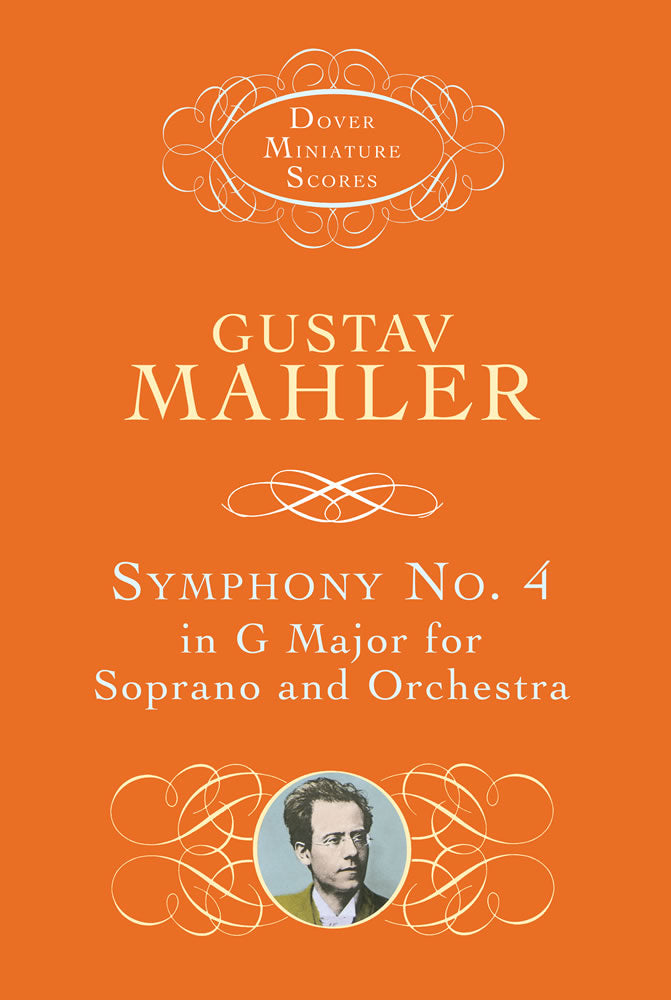Mahler: Symphony 4
Mahler's Symphony no. 4 is perhaps his most untroubled contribution to the genre.
Some consider the work rather conservative as well, sticking to a simple four-movement structure and all within a relatively short runtime.
Whereas the previous three symphonies landed on an explosive finale, this one works oppositely. A soprano solo closes the journey, and on a pure, modest note too.
This makes it difficult for an ensemble to give the listener a feeling of having arrived at an important destination by its conclusion.
To my ears, the first three movements are a set of rustic dances, all fairly affable ones. The first movement's only hint of interrupting its becalm, is the nostalgic music with the sleigh bells and flutes. So too, the middle section shows the storyteller becoming distracted, erupting in fanfares and some darkness.
The second movement is a wry scherzo, best played with some edginess in the winds and the instrumental soloists, in my opinion.
The centerpiece of the work is the third movement. While it is set at a slow pace, I detect underlying rhythmic ideas which still give me a feeling of dance. It is a beautiful, long-breathed portion of the symphony, and I daresay the whole work could have convincingly ended here.
The short final movement is for soprano soloist, evoking a child-like wonder, querying the delights of heaven. The choice of soloist can be problematic, since they are adult sopranos.
Some singers try to create a childish timbre, which can seem less than genuine, while a matronly tone can sound all wrong. Bernstein even employed a youth to sing it in one of his recordings, a choice not necessarily specified by Mahler.
The choice of singer is a lot to put on a very short movement, yet it is the note an audience is left with. Thus, there has to be a feeling of authentic wonder, curiosity, and joy without making it arch or over-characterized. It is a curious ending, but I have read that this work was Mahler's joy, so it must be an important inclusion.
I will admit, Symphony No. 4 is one I spend the least time with, so my familiarity with it waxes and wanes.
1975: Chicago SO, Levine
1984: Chicago SO, Solti
2010: London SO, Gergiev
For now, we will have a
very basic list of Mahler reviews above. The
current list covers the most recent spate of listened recordings, not
necessarily the best or most worthwhile. The older recordings are from
our collection but newly reviewed, and the newer recordings
represent
recordings which were recommended to me. Until we at The Oozy Channel Keep
have gotten ourselves up and running, this should suffice and we can
reorganize the page a little more coherently in the future.

